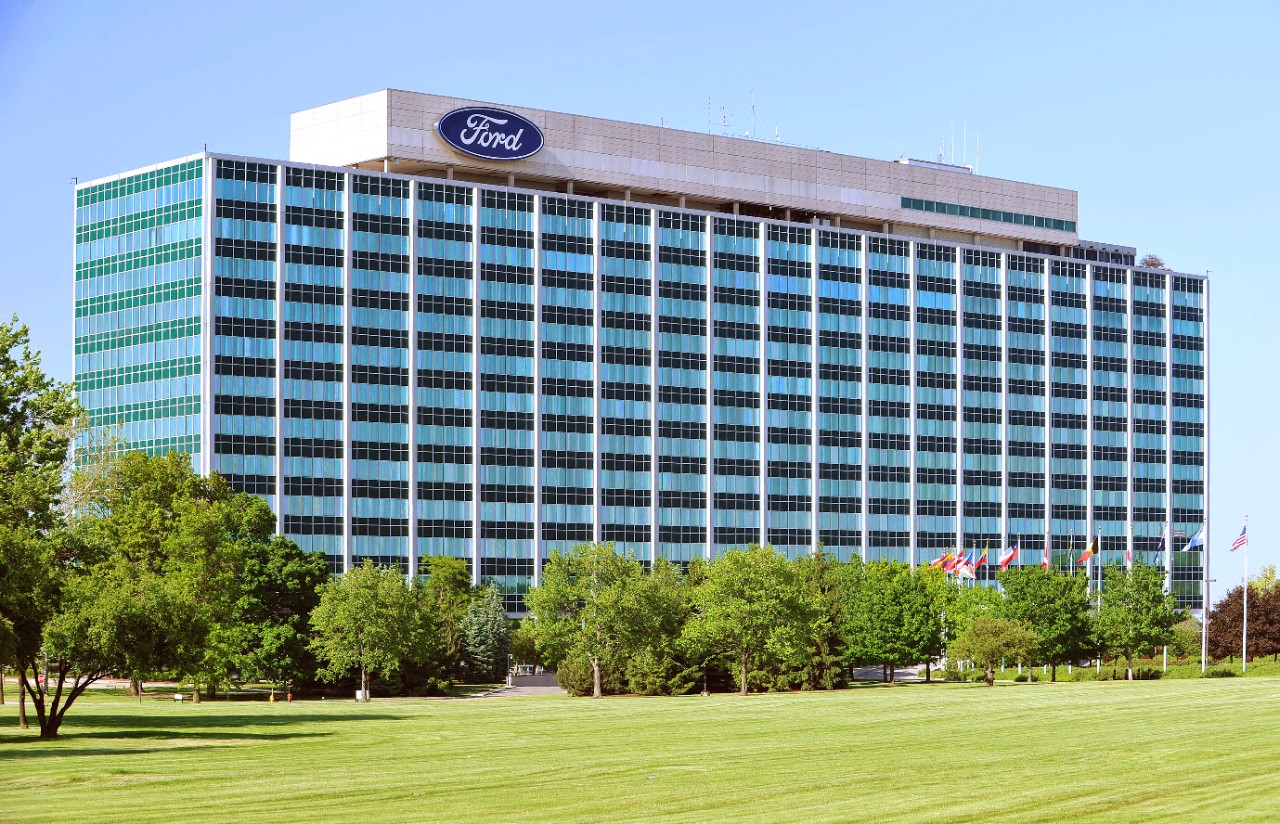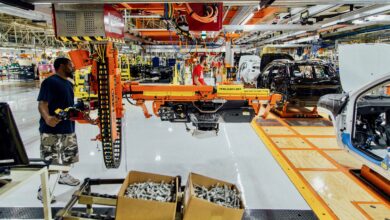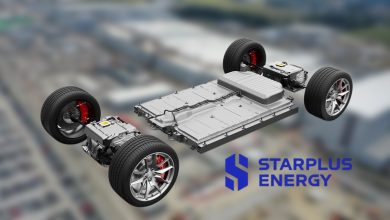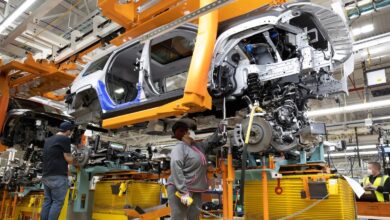UAW Wants The EPA To Relax Its Future Vehicle Emissions Regulations
Union Calls On Biden Administration To Lessen Its Proposed Vehicle Emissions Cuts...
The United Auto Workers (UAW) union has recently called on the Biden administration to revise its proposed vehicle emissions cuts, which mandate that 67% of new vehicles be electric by 2032. Representing workers at Detroit’s Big-3 automakers (General Motors, Ford, and Chrysler parent Stellantis), the UAW expressed concerns regarding the feasibility and potential disruption caused by the Environmental Protection Agency’s (EPA) stringent standards.

In a statement released ahead of contract talks with the Detroit Big-3 automakers, the UAW emphasized the need for the EPA to reassess the proposed regulations to “better reflect the feasibility of compliance” and ensure that the transition to zero-emission vehicles (ZEVs) occurs at a more realistic pace over an extended period. The UAW acknowledged the dominant presence of light-duty trucks and SUVs in the current domestic auto assembly footprint, which contribute significantly to funding the EV transition. Approximately 60% of all vehicles produced by unionized automakers in the United States last year were pickups or SUVs.
“We fear the proposed standards are premature and risk disrupting the market that will make the EV transition possible,” expressed the UAW. The union called on the EPA to continue working collaboratively with all stakeholders to avoid disproportionate impacts on domestic union auto production.

Notably, a group representing major automakers, including Detroit’s Big-3 automakers, also urged for a substantial softening of the EPA’s requirements. The collective voiced concerns that the EPA proposal was “neither reasonable nor achievable.” Toyota Motor joined the chorus, characterizing the stringency requirements as “extreme and outside historical norms.”
This latest development follows UAW President Shawn Fain’s recent criticism of the U.S. Energy Department’s plan to provide a $9.2 billion loan to a joint venture between Ford and South Korea’s SK On, for the construction of three battery plants in the United States. Fain referred to the loan as a “giveaway” that disregarded vital factors such as wages, working conditions, union rights, and retirement security, ultimately resulting in the creation of low-paying jobs. Fain further questioned the Biden administration’s facilitation of corporate greed with taxpayer money.

In May, the UAW declined to endorse President Biden for reelection, citing concerns with his electric vehicle policies. The union’s ongoing engagement with emissions regulations and related matters reflects the UAW’s commitment to protect the interests of its members and ensure a smooth transition to a more sustainable automotive industry.
As the UAW prepares to engage in contract negotiations with the Detroit automakers before the expiration of current four-year contracts in September, the union’s call for a reevaluation of the EPA’s proposed standards underscores the significance of finding a balanced approach that promotes environmental progress while safeguarding domestic union auto production and the livelihoods of American workers.
Source: Reuters and UAW






5 replies
Loading new replies...
Join the full discussion at the Mopar Insiders Forum →